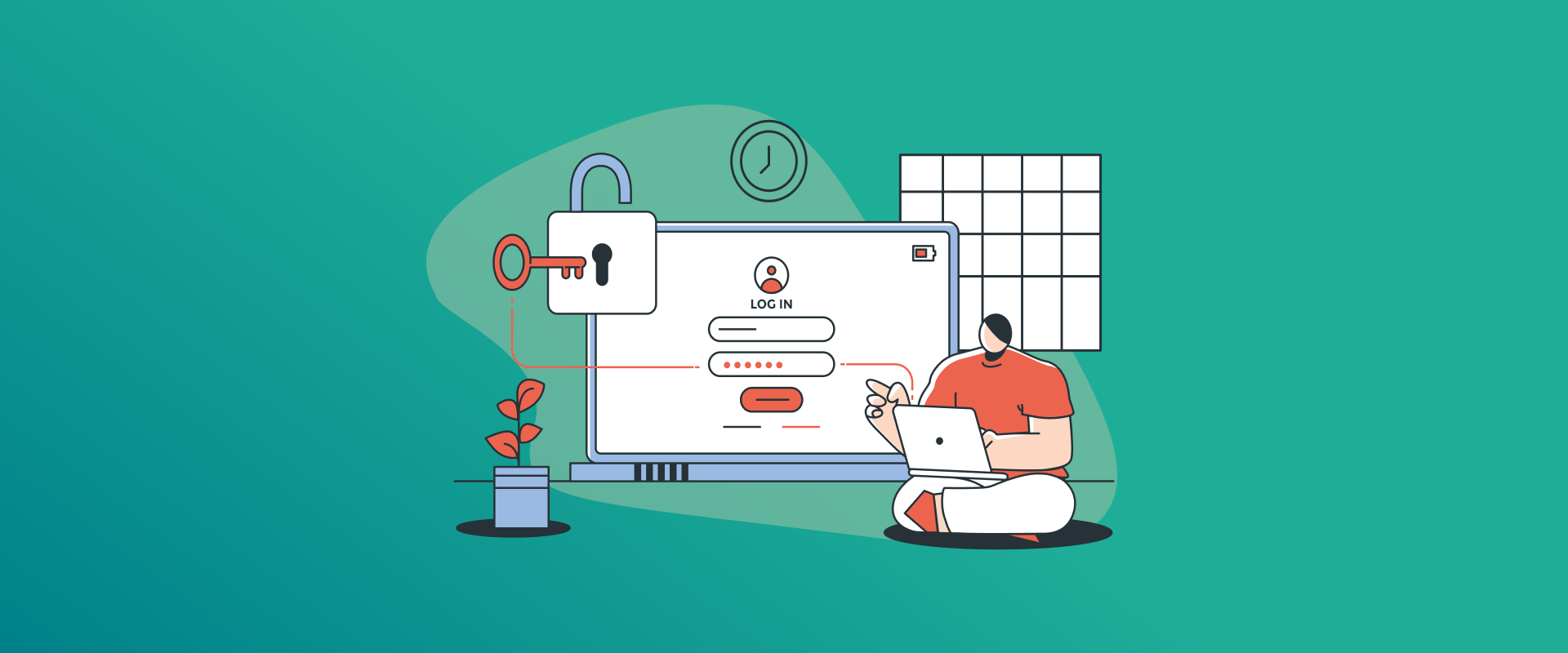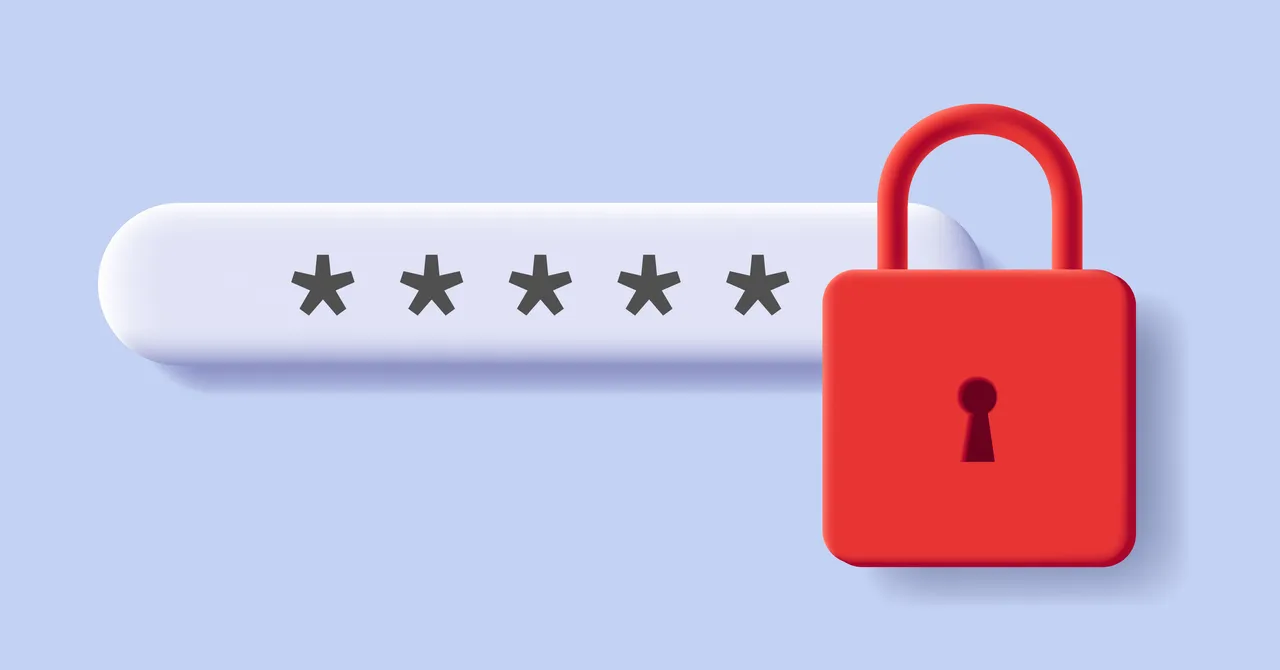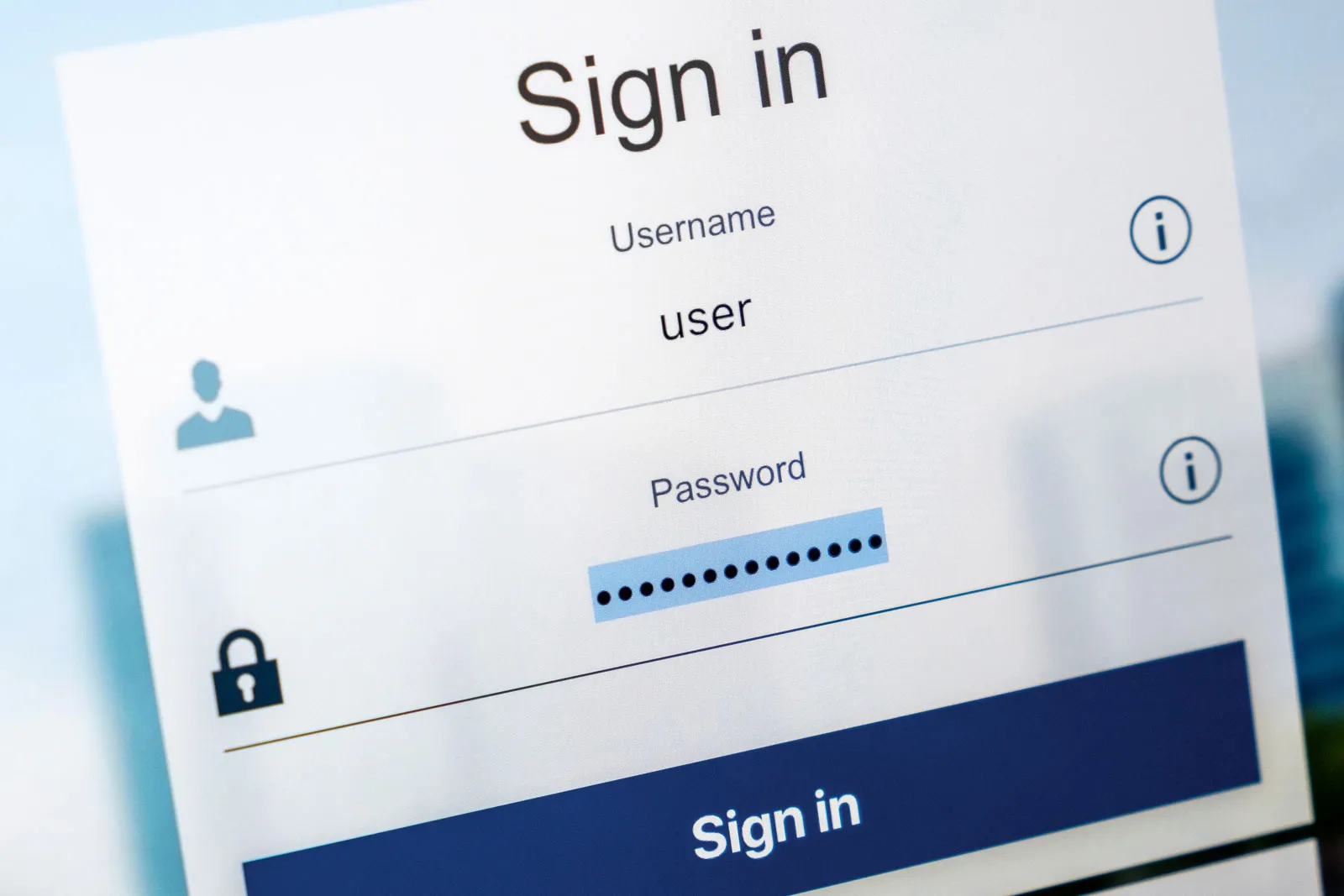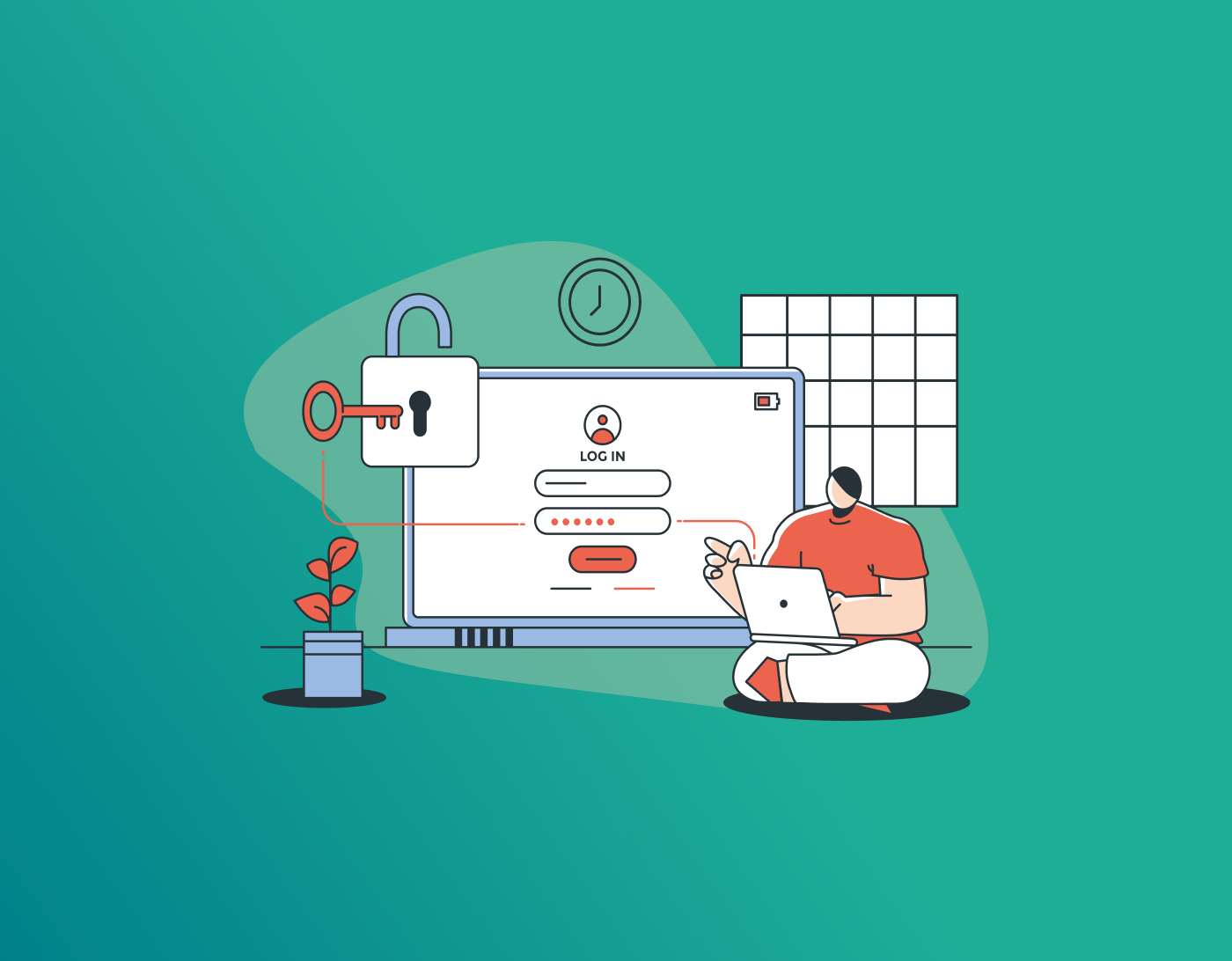
Passwords keep our email accounts, social media accounts, bank details, and many more things safe. However, the cybersecurity threat is growing with time. So, our passwords must be strong enough to withstand any sort of attack. The most important factor in the strength of passwords is their length. How long a password should be to secure our accounts?
Note: A strong password protects your online accounts containing personal and professional data. It is highly recommended that you use tools like the FastestPass password manager to generate and store long random passwords, ensuring maximum security without the memory burden.
Why Password Length is Important
Passwords stand as the first line of defense to prevent unauthorized access to your accounts. A weak password can be broken in seconds, leaving your personal and sensitive information vulnerable to hackers. How long a password needs to be is central to building a defense against malicious external penetration, length being a general measure of how difficult a password is to crack.
Password strength comes from two major aspects: length and complexity. Complexity, using a mixed use of upper and lowercase letters, numbers, and other symbols, is integrated, but in most cases, length remains the most important. Why? The simple reason is that the longer the password is, the larger the combination possibilities, which makes it much harder for the hacker.
For example, a 6-character password with all lowercase letters has around 308,915 possible combinations. A hacker using modern tools can crack it in less than a second. A 12-character password, from the same set of characters, has more than 95 trillion combinations, which could take years to crack.
The Role of Password Length in Security
Hackers use a brute-force method, systematically trying every possible combination of characters until they find the exact one they want. The shorter your password, the sooner that happens. Adding just a little more length to your password will greatly increase its defenses from attack. That is why security experts always highlight length as a crucial consideration when deciding how long a password should be.
And, even quite beyond brute-force attacks, a longer password also gives better security against all other hacking methods, including phishing and dictionary attacks, wherein hackers use common words or phrases to gain unauthorized entry. A long and unique password is less likely to be in that pre-compiled list of guesses built by a hacker. Longer passwords also yield better protection against phishing or dictionary attacks.
How Long A Password Should Be

So, what exactly is the magic number? While there is no universal answer to how long a password should be, experts usually agree on some minimum standards. The National Institute of Standards and Technology (NIST), which is considered one of the top authorities on cybersecurity, recommends that passwords be at least eight characters long. However, for better security, many experts suggest going above at least 12 characters, especially concerning sensitive accounts such as those dealing with banking, email, or work-related systems.
Consider a password of 16 characters or more for sensitive data. The secret is to find the balance between security and usability. While your password is so strong that it dares attackers, it should be workable for normal human use.
General guidelines are out here:
- 8-10 characters: Ideal for low-risk accounts (like forum accounts or temporary signups).
- 12-14 characters: Ideal for most accounts (like social media or emails).
- 16+ characters: Recommended for high-security accounts (e.g., online banking, work access).
Only that length alone is not sufficient – complexity is important. The password “password1234” is described as weak because it is predictable, even at 12 characters in length. Instead, aim for teeth-based word types as far as strength maximization goes.
Balance Security and Usability
A longer password might be more secure but harder to remember. A 16-character random combination of letters, numbers, and symbols might be a hacker’s dream string but a prop to sustainability for the common person. This is when the question of how much time a password should consume is tied up with practical questions.
Luckily, there is a solution: password managers. Tools like the FastestPass password manager help generate and store complex, lengthy passwords so you don’t have to memorize them. With FastestPass, you can generate a unique 16-character password for a respective account and access it with a single master password. This not only increases security but also makes your digital life convenient.
Another sensible option would be passphrases instead of passwords. A passphrase refers to words or sentences that are easy to remember but long enough to hold some level of security. For example, “BlueSky$Rain2023.” Meets the requirement of 16 characters, has a group of different characters, and is much easier to remember than a random string like “K7$mPx9qL2vRj8nB”. Passphrases are a good way to meet the requirements of strong passwords relating to their length, but without sacrificing usability.
Real-World Examples of Password Length in Action
Let us look at more real-world examples to show how important the password length is. The most popular example is the hacking of millions of passwords by LinkedIn in 2012, most of which were cracked because they were short and simple, such as “linkedin” or “123456.” Less damage may have occurred using a longer, more complex password.
Similarly, during Yahoo in 2016, hackers could steal over 500 million accounts. Analysis shows that more than half of the hacked passwords were less than 10 characters long and without complexity. These examples show that making passwords must be rooted in length and strength.
Tips for Creating Strong, Long Passwords

Now that we’ve established how long a password should be, here are some actionable tips to help you create strong, secure passwords:
- Aim for 12+ Characters: Start with a baseline of at least 12 characters and go longer for critical accounts.
- Mix It Up: Use a combination of uppercase letters, lowercase letters, numbers, and special characters (e.g., !, @, #).
- Try a Passphrase: Combine multiple words with symbols or numbers (e.g., “Coffee!Beach$2023”).
- Avoid Common Patterns: Clear predictable sequences like “abcd1234” or personal info like your birthdate.
- Use Unique Passwords: Reuse passwords as little as possible across all accounts; they should be unique.
FAQs
A longer password not only lengthens considerably the time that a hacker would take to crack it with brute force, but it also makes each new character added just about double the number of possible combinations. Add numbers and symbols or even uppercase letters, and the period skyrockets. So, remember that as you think about how long a password should be, every added character builds an additional, tougher wall for the attackers to scale. Some systems cap password lengths at 64 or 128 characters, and anything beyond that might get truncated or rejected. If you cannot even remember a password because it is too lengthy, you are more likely to write it down and then just store it unsafely, which could backfire on you. Password managers do away with the memory problem so you can use long passwords without worrying about them. A password manager can help make longer, stronger passwords. These tools can generate random strings-community like a 20-character combo of letters, numbers, and symbols-and securely save them while requiring one master password for access.
Final Thoughts!
So, for users wondering how long a password should be? The basic advice for determining password length is to have at least 12 characters and possibly longer for sensitive accounts. Then, mix character types with that length for a password that is hard for hackers to crack.
But remembering complicated passwords may become overwhelming. Here, a password manager like FastestPass can help. It can generate and store strong yet unique passwords for all your accounts, keeping your digital life secure.
Secure and Create Stronger Passwords Now!
Generate passkeys, store them in vaults, and safeguard sensitive data!
Subscribe to Our Newsletter
Receive the latest updates, trending posts, new package deals,and more from FastestPass via our email newsletter.
By subscribing to FastestPass, you agree to receive the latest cybersecurity news, tips, product updates, and admin resources. You also agree to FastestPass' Privacy Policy.







